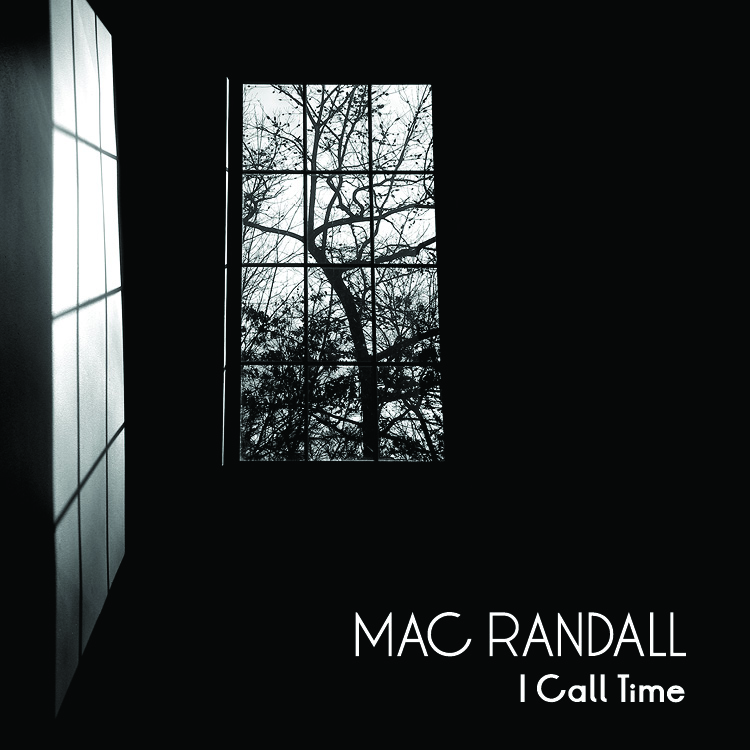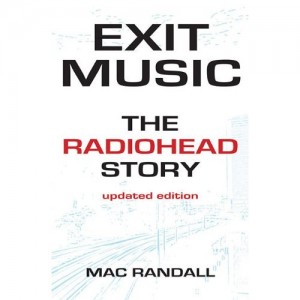Monsters in “Boxes”
Ever since their celebrated pay-what-you-want online release of In Rainbows in 2007, the members of Radiohead have gotten as much notice for the ways they’ve chosen to put their music out as they have for the music itself. Last Friday, the band’s leader Thom Yorke seemed to be bolstering this rep for innovation when he announced the immediate availability of his second solo album, Tomorrow’s Modern Boxes.
For the release, he would be partnering with BitTorrent, which had developed a special “gate” technology for downloads. Interested parties who visited BitTorrent could check out one song and accompanying video for free; to get the other seven songs and the album art, they’d have to pay $6. “If it works well,” Yorke said of the pay gate system in a statement, “it could be an effective way of handing some control of Internet commerce back to the people who are creating the work.”
Some control, perhaps, but certainly not all control. As reported by Jeff Stone in the International Business Times, thousands of people were hosting the album files on various torrent services—and offering no further compensation to the album’s creators—within hours of its release. The specifics of Yorke’s deal with BitTorrent aren’t known; even so, it’s hard to see how anyone could possibly say the system “works well.”
Because I’m interested in everything Yorke and his bandmates do (I wrote a whole book about them, after all), I wanted to hear Tomorrow’s Modern Boxes right away. To do so, I had to download the BitTorrent client. This was a quick and easy process, as was the purchasing and downloading of the album files. However, the next time I turned my computer on, something was different. Unprompted by me, the BitTorrent client reappeared on my screen—it was the first thing that came up on my desktop once startup was complete. Clearly, this auto-launch had been part of the installation protocol and would now take place every time I turned on my computer, unless I could figure out how to deactivate it.
Initially, my reaction to this was simple annoyance. And then I realized: Yorke is the only artist so far to have made use of BitTorrent’s pay gate technology. This means that everything else I could possibly acquire via BitTorrent would be available to me for free. By paying $6 for the work of one artist, I had been given carte blanche to steal the work of everyone else. And this would be made tantalizingly clear to me with every system reboot from now on.
My next move was to delete BitTorrent from my hard drive.
Over the past decade or so, Thom Yorke has been highly vocal about Internet piracy and its adverse effect on creators. He’s also been skeptical of many more or less legitimate online music outlets. In his announcement last year that he and Radiohead were removing their post-EMI music from Spotify, he expressed indignation at how that service mistreats artists. Spotify’s minuscule royalty percentages are indeed a scandal, but at least they pay artists something. BitTorrent pays artists nothing. Except for Thom Yorke.
Major rulings this week against MP3Tunes and Grooveshark suggest that the U.S. legal establishment is finally beginning to grasp the extent to which the music industry and the creators who make that industry possible have been bled dry by piracy that is implicitly condoned, even encouraged, by large tech companies. But what BitTorrent does is essentially no different from what MP3Tunes did and what Grooveshark does. Their main business is also the enabling of theft. They just do it in a craftier manner. And now they’ve got an outspoken creative maverick on their side, to help make people think they’re doing something positive.
On the surface, this all seems exactly like what Yorke says it is: an interesting experiment. Underneath, it feels like capitulation. Again, we don’t know the specifics of his arrangement with BitTorrent, but one must presume that the company is taking some percentage of the proceeds from making this album release possible. If it is, that means Thom Yorke has actually agreed to give money to people who have shamelessly ripped him off for years by enabling mass theft of his music.
David Lowery has been writing passionately and eloquently for a long time about the Internet, the music business, and the plight of creators on his Trichordist blog. His take on the Yorke/BitTorrent deal is well worth a read. If you find what he says believable, only one conclusion is possible: Thom Yorke is a hypocrite. Perhaps he ought to consider tempering his future statements about the online exploitation of musicians, for his hands are dirty now too.
Tomorrow’s Modern Boxes is notable for at least one other reason. It marks the first time in more than 20 years of listening that I have ever been bored by music associated with Radiohead.







